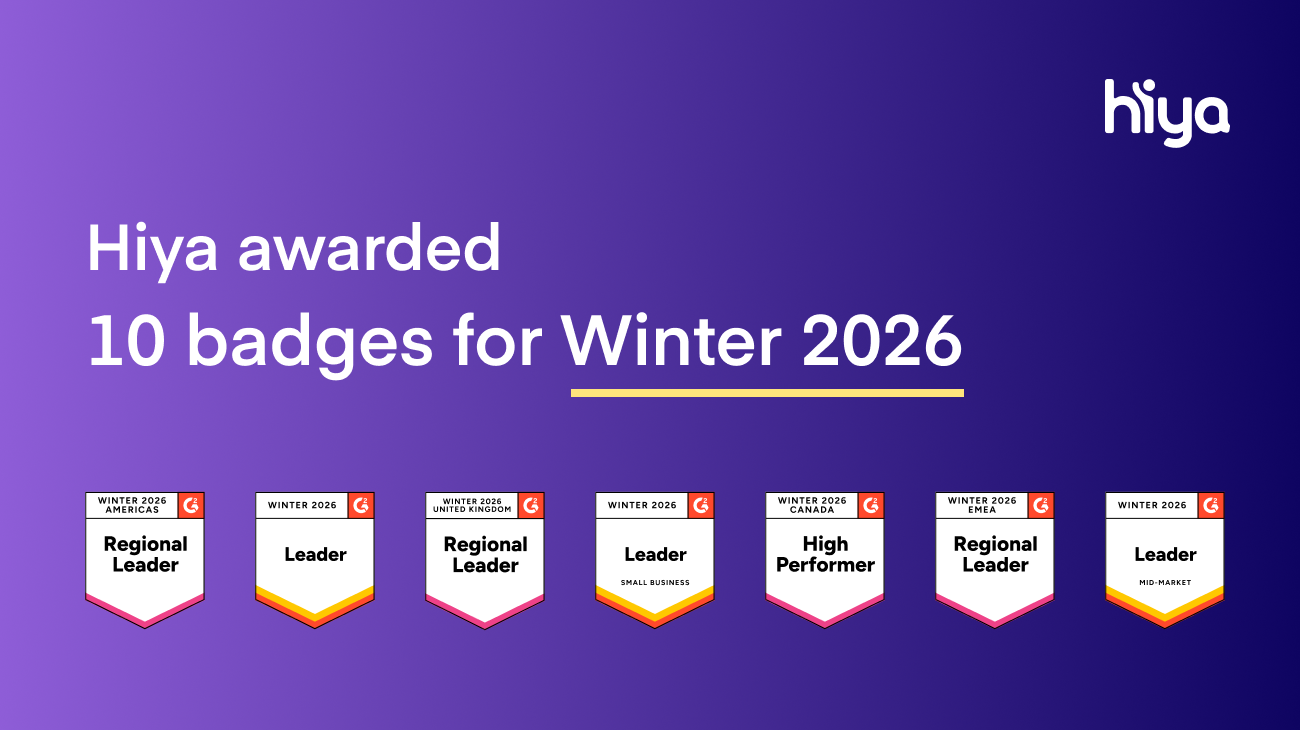-Mar-25-2024-10-44-20-2285-PM.png)
Tax scams are among the most popular phone scams in the world (see Top 10 phone scams of 2023). There are IRS tax scams in the US, HMRC tax scams in the UK, and CRA tax scams in Canada. While each country has its own unique tax scams, there are also similarities in tax scams around the world.
Paying taxes and meeting tax filing deadlines is stressful for everyone; scammers take advantage of that stress. They may call potential victims and accuse them of tax evasion, saying they’ll be arrested or need to pay their tax debt immediately over the phone. Or, they may lure victims in with a tax rebate that will be deposited directly into the taxpayer’s bank account — all that’s needed is the bank account number.
IRS tax scams in the United States
In the US, consumers are bombarded with scam calls impersonating the country’s tax agency, the Internal Revenue Service (IRS).
Tax season generally runs from late January (when people start receiving their tax forms from their employers) through the tax filing deadline of April 15. Tax scamming season is a little different. As you can see from the graph below, tax scams begin to climb in April and stay elevated through the summer — hitting a peak in July.
Taxpayers may be more susceptible to tax scams in the months following the tax deadline, especially if the call is about unpaid taxes or tax evasion.

In the US, tax scams increase in April and remain elevated for months.
Below is an example of an IRS phone scam, as reported by a Hiya user. Mobile phone users who use Hiya Protect through their carrier, device manufacturer, or the Hiya App, can report these scams directly to Hiya from their phones.
“I recently received what seemed like a robocall informing me that my SSN had been compromised and that I should return the call to speak to an IRS agent. They claimed there was a lawsuit in the works concerning my outstanding debt to the IRS. I do not owe any back taxes. This is a scary scam.”
The IRS is well aware of the many tax fraud schemes targeted at individuals, businesses, and tax preparers. Each year, the IRS publishes the Dirty Dozen list of tax scams. “Many of these schemes peak during filing season as people prepare their tax returns,” says the IRS. “But in reality, these scams can occur throughout the year as fraudsters look for ways to steal money, personal information, data, and more.”
Many scams mentioned in the IRS’s Dirty Dozen list involve fraudulent or unscrupulous companies making overinflated promises about tax refunds or tax credits for which few taxpayers actually qualify.
Learn more about tax scams in the US. Read our blog post Scam of the Month: IRS.
HMRC tax scams in the UK
The UK's tax agency is Her Majesty’s Revenue and Customs — HMRC for short. The deadline for filing online tax returns in the UK is January 31. HMRC scams certainly surged in January, but Hiya’s data shows that HMRC scams are common year-round, with high volumes in May and July.
In Hiya’s quarterly Global Call Threat Report, HMRC scams have registered as either the #1 or #2 scam in each of the past three quarters.

HMRC tax scams surge in January as the January 31 tax filing deadline approaches but remain common throughout the year.
Below is an example of an HMRC phone scam captured in the Hiya honeypot, a collection of Hiya-owned phone numbers used for recording and analyzing spam calls.
"This call is to notify you that a criminal case is registered against your name for tax evasion and tax fraud by HMRC. We are investigating your financial activities and an arrest warrant has been issued under your name. Get more information about this case. Press 1 before we proceed with legal action."
Like most scams, the message is urgent and calls for immediate action. Another common tactic: the scam begins with a robocall, and if the recipient believes the message and presses a number, they’ll connect with a live agent who will continue the fraud.
This past fall, the UK government issued a press release warning UK residents to be on the lookout for tax scams. The government mentioned three of the most common tax scams reported to them:
-
An offer of a tax rebate.
-
A request to update tax details.
-
A threat of immediate arrest for tax evasion.
According to HMRC, between September 2022 and September 2023, the agency received more than 130,000 reports about tax scams, of which 58,000 were offering fake tax rebates.
Learn more about tax scams in the UK. Read our blog post, HMRC scam calls in the UK.
CRA tax scams in Canada
The Canada Revenue Agency is Canada’s tax authority, and the deadline for individuals to file taxes is April 30. Just as in the US, Canadian tax scams shoot up in April and remain high through July.

Similar to the US, tax scams in Canada shoot up in April and remain high through July.
Canada Revenue Agency warns taxpayers to be cautious of any communications that claim to be from CRA. The agency says scammers often try to obtain taxpayers’ social insurance number (SIN), credit card number, bank account number, or passport number. Scammers often claim that those numbers are needed to process a tax refund.
CRA also publishes sample telephone scams that Canadians may receive. Here is one example of a tax-related phone scam:
“In the next 24 hours we will be marking a lien on your assets and your bank accounts due to your inability to settle your dues with the CRA. A bill collection officer will visit you soon to complete the paperwork. If you have any questions then call our tax default line, 888-745-0433. If you don’t call immediately, or if we don’t hear from your attorney either, then you will be solely responsible for all legal consequences.”
CRA does call taxpayers to notify them of missing tax returns, but it also points out red flags that indicate a call could be fraudulent. CRA says its agents will never use threatening language or ask for payment in cryptocurrency or pre-paid credit cards. Additionally, agents never contact taxpayers via social media or email, or text messages with a link to claim a tax refund.
Learn more about tax scams in Canada. Read our blog post about how Canada Revenue Agency scams tax Canadians' patience.
How to fight back against tax scams
The best way to fight back against tax scams is with a solution that adapts to ever-changing tactics.
For carriers, there’s Hiya Protect. It’s a complete call protection solution that enables mobile network carriers to protect their subscribers by blocking fraud calls and labeling spam calls. Hiya Protect uses adaptive AI, a proprietary multi-layer approach that analyzes the phone number, call characteristics, the call recipient, and even the calling enterprise’s history across all numbers.
For enterprises, there’s Hiya Connect. Hiya Connect’s branded caller ID enables businesses to display their company name, logo, and reason for the call on the recipient’s mobile phone so customers can feel safe when they answer.
For individuals, there’s the Hiya mobile app, which provides a solution for those who use a phone carrier that doesn’t offer spam protection at the network level.

.jpg)

